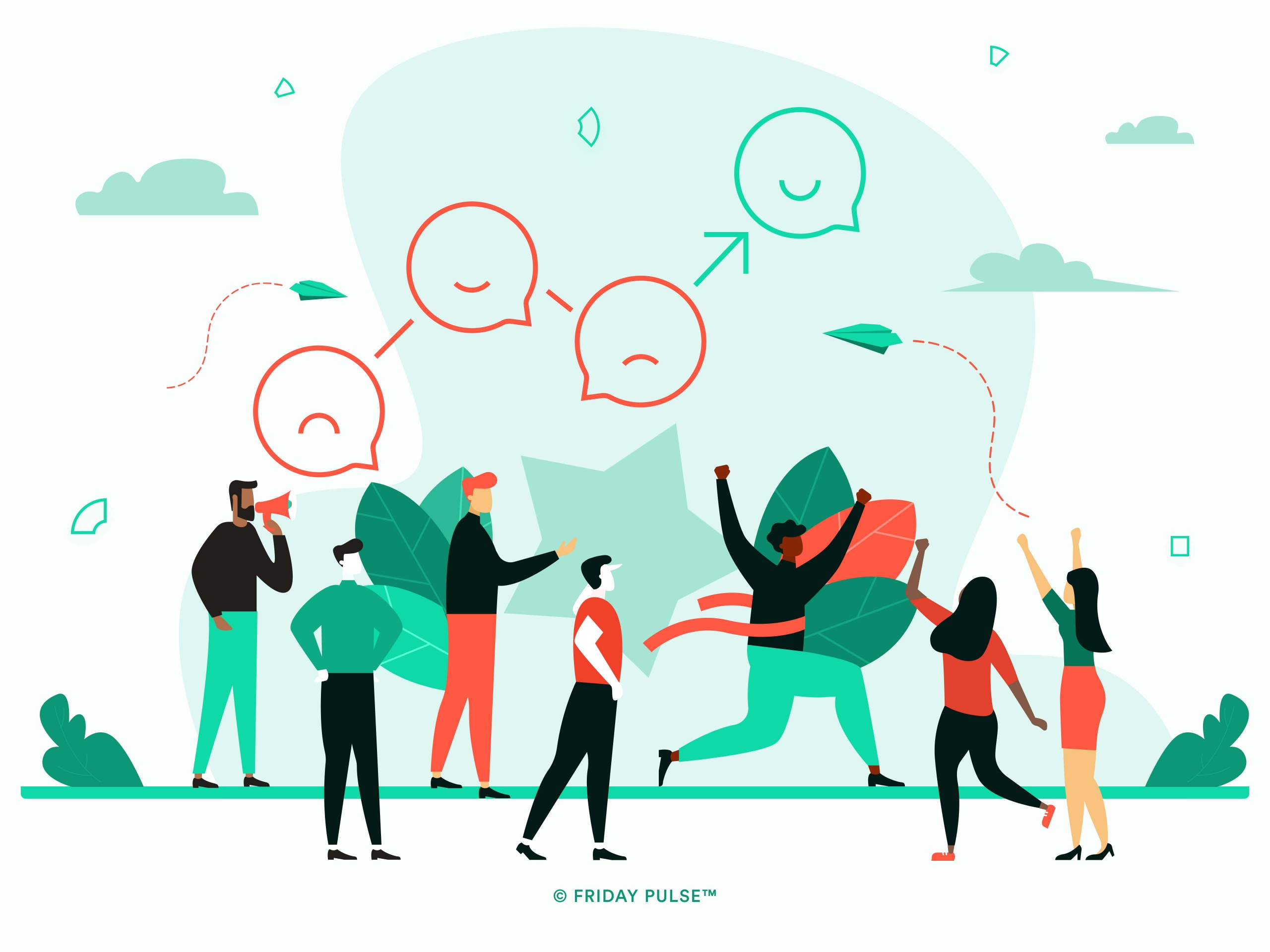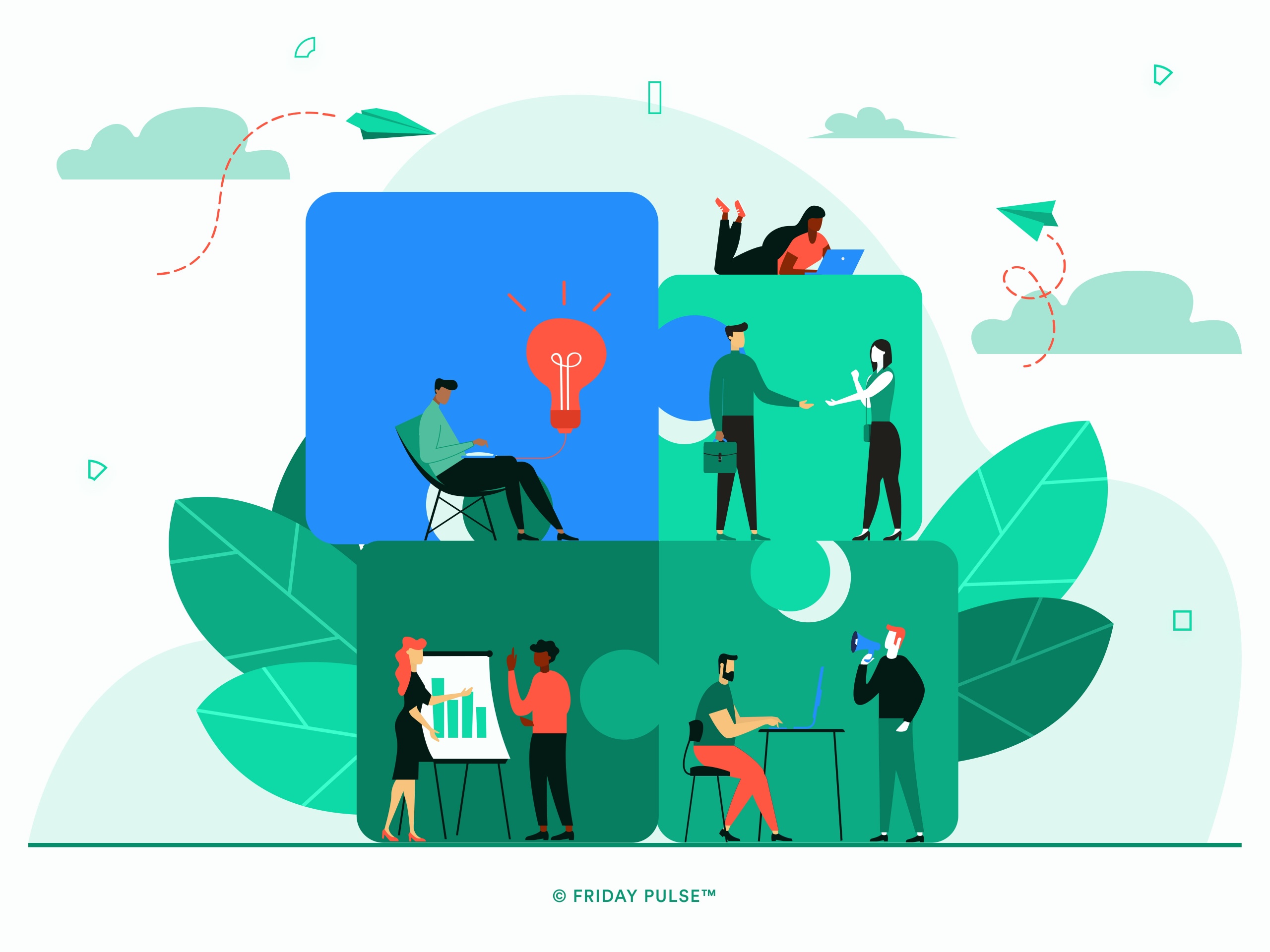Many of us are still emotionally exhausted from the first wave of
COVID-19, and it feels like the crisis has become chronic and
ongoing. We are missing our previous lives while facing an uncertain
future, where we can’t make plans.
When our bodies seek to adapt and survive in an emergency, we draw on
our mental and physical resources. For lots of people, this ‘surge
capital’ is severely depleted right now.
Right now, business leaders are feeling the burden of pandemic-related
decision making. With uncertainty high, it’s difficult to know how
best to lead a company into the future.
Yet, when things are on the edge of chaos opportunities exist.
1. Crises bring clarity
The ancient Greeks saw a crisis as a “separating decision, a power of
judgement or distinguishing.” It was a moment of choice when one could
determine different ways of progressing more clearly.
Currently, in the UK, only 13% of UK working parents want to go back to
pre-pandemic ways of working. Why? The norm is for school to finish
around 3PM and for parents to work until 6PM. Factor in a commute, and
the average day for a working parent (pre-COVID) was considerably
longer.
The crisis – and all the necessity of experimentation it brought – has
forced us to stand back and look at how we organise things.
Old school practices and corporate blindness locked us into a ‘standard’
way of doing things. Now that we have experienced different ways of
working, new
possibilities exist for workplaces that are more gender
equal, inclusive and contribute positively to adult mental health.
2. Change on the outside requires change on the inside
Fluidity can also be freedom. Researchers have long been interested in
systems (such as families, organisations or even natural habitats) that
become stressed, where an established order breaks down. This space,
sometimes called “the edge of chaos”, is an opportunity for new
behaviours and expectations to emerge or be negotiated.
Many of us don’t take advantage of the opportunity the edge of chaos can
bring. The moment we feel we can’t handle current events is the moment
we need to step back and evaluate – rather than being overwhelmed by a
fear of failure, or lack of imagination.
In times of crisis, our instinct is to work harder and cope better. The
last thing we want to do is admit defeat, no matter how big and
consuming the crisis. It’s threatening, and the urge is to fight the
situation (write a to-do list) or hide away from it (carry on as
normal).
We see reaching our limits as a point of failure, just as we see the
things that aren’t working as a form of criticism.
But what if we saw reaching our limits – that moment when it feels too
much – as a sign of health? What if we gave and received criticism not
to blame or to shame, but to proactively improve our collective
future? If we change how we relate to crises, then we can change how
we respond.
3. It’s easier to change what isn’t set
When everything is in flux, it can be disorienting. We are flooded with
emotions because we feel untethered and out of our comfort zone. We look
to retreat back to life as we know it as soon as possible.
Consider the difference between two of our clients: a pharma division
and an insurance team. The pharma division has low work-life
balance scores. They
feel squeezed because they are trying to deliver on projects they agreed
to pre-COVID in addition to all the new work that the pandemic has
created.
By contrast, the insurance team has pushed old projects to one side,
created goals for the short-term and galvanised people’s energy around a
new focus. They saw the turmoil as a leverage point to reconfigure what
they expected of themselves and what others can expect of them. As a
result, they’ve made significant gains in work-life balance, compared to
the drop many of the clients experienced at the beginning of the
outbreak.
In other words, the insurance team had a moment at the edge of chaos
and used the crisis to change how they approach their work.
4. Build self-awareness in your teams
Pre-COVID, Toffler Associates found nearly half of the 400 leaders
across industry and government sectors felt they were not weathering
shocks well.
What we have learned from coaching and advising businesses
amid corporate setbacks –sudden changes in strategy, business
models, restructures, redundancies and closures – is that resilient
organisations grow individuals and teams who are self-aware and
emotionally intelligent. They adapt to their situations by knowing
themselves and each other better.
Through the Friday Pulse platform, teams are allowed to address concerns
and show appreciation for colleagues. We saw an increase in the number
of \"thank-yous\" in the early months of the pandemic. The crisis
brought clarity as teams realised their interdependence and showed gratitude for the
support of their colleagues.
Teams and organisations that buck the widespread trends of how COVID-19
affects work cultures are also good at sharing
frustrations. Expressing frustrations represent what a relationship
therapist would call “adult-to-adult relationships”. Self-awareness
allows us to express and share our needs – a problem shared is a problem
halved.
5. The only lasting change comes from listening to your people
Crises are opportunities for change because when things get tough, we
become clearer about what’s important. When everything is upturned, we
go into iteration mode and this ‘making do’ reveals new possibilities.
The organizations that are thriving have gone into listening mode.
Our people platform encourages employees and teams to pause and reflect
on their experiences. It provides real-time data to facilitate decisions
within teams and senior management that helps organizations turn the
current crisis into an opportunity. And, right now, we are offering
teams and companies (50 – 1,000 employees) free access to the platform
for 12 weeks. This is our contribution to help the businesses
through these unprecedented times.



